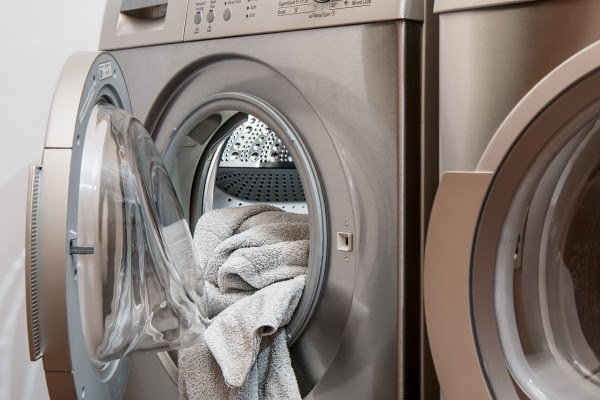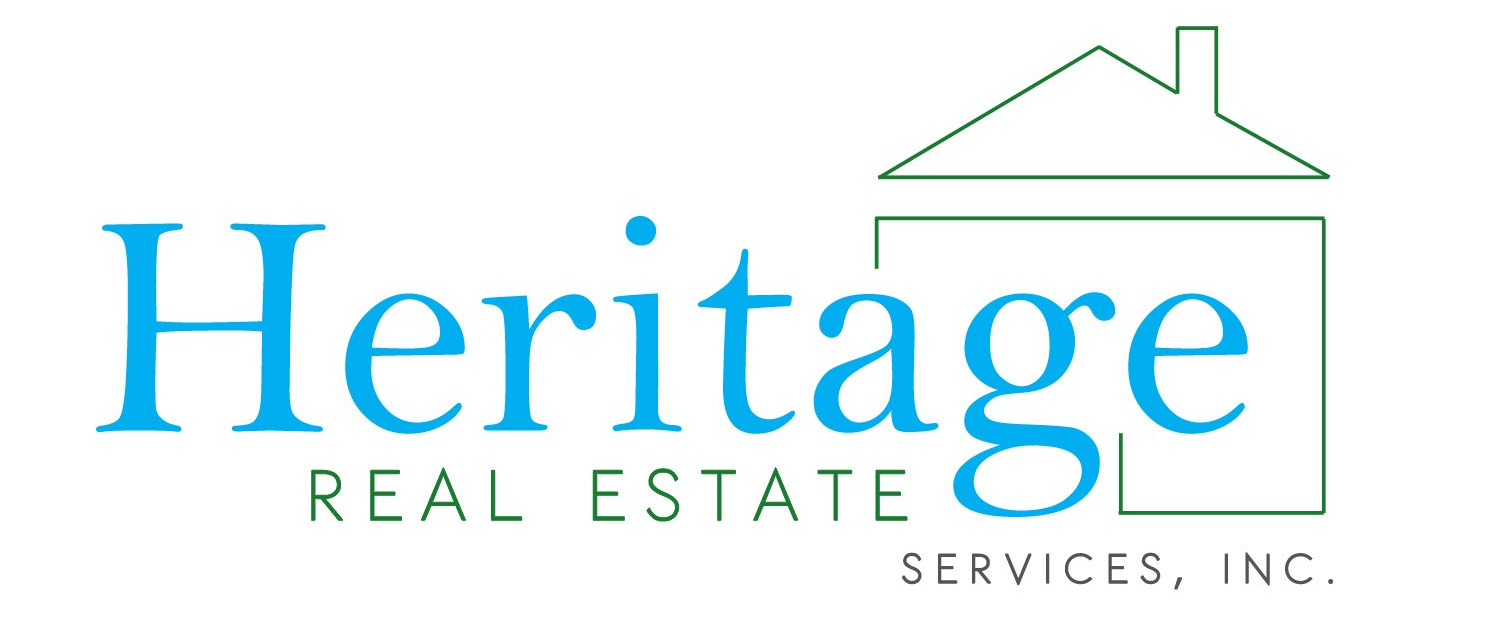
If you took out your mortgage after Dec. 15, 2017, the interest you pay on your first or second mortgage is generally tax deductible on home loans up to $750,000 (or $375,000 if married filing separately). For mortgages taken out on or before Dec. 15, 2017, the deduction applies to home loans up to $1 million (or $500,000 if married filing separately). If you took out a home equity loan or line of credit, the interest is only tax deductible if the loan was used to buy, build, or substantially improve the home that secures the loan. Exceptions, limitations, and restrictions apply, so talk to your tax advisor to see if you’re eligible for the mortgage interest deduction.
2

This helps low- to moderate-income people afford homeownership by providing a credit of up to $2,000 on mortgage interest paid in a calendar year. Eligible taxpayers must obtain a Mortgage Credit Certificate (MCC) prior to purchasing their home. The MCC must be issued by a state or local governmental unit or agency under a qualified mortgage credit certificate program.
3

Mortgage Discount Points are something you can purchase to lower your interest rate when you buy your home; one point is typically equal to 1% of the loan amount. If you purchased discount points when you bought your home, you may be able to deduct them on your income tax return. Of course, the IRS has eligibility requirements for deducting points, so talk to your tax advisor to see if you qualify for this deduction.
4

State and local property taxes that you pay for any real estate you own are deductible up to $10,000 (or $5,000 if married, filing separately). Keep in mind the deduction limit is applied to your overall property tax payments, even if you own more than one property. For instance, if you own two or more properties and your total combined property tax bill was $15,000, you will only be allowed to deduct $10,000 total from your income taxes. 2

If you sell certain types of assets for more than their original cost, you may have a capital gain. Capital gains are normally taxable. However, an exception is made if you sell your home for more than the amount you paid (in other words, if you make a profit). The capital gains you get from selling your home are tax-free up to $250,000 (or $500,000 if married filing jointly). The caveat is that you must have lived in that property as your primary residence for two out of the past five years. This tax perk helps you keep more of the equity that you worked to build over the years — yet another example of just how powerful equity can be
for growing your wealth. 5

Interested in making your home more energy-efficient? The federal government offers the residential energy efficient property credit for installing alternative-energy equipment in your primary or secondary residence. This includes qualified solar electricity and water heating, small wind energy, fuel cell, and geothermal heat pump systems. The credit is up to 30% of the cost for purchasing and installing these systems in 2018. 6

















